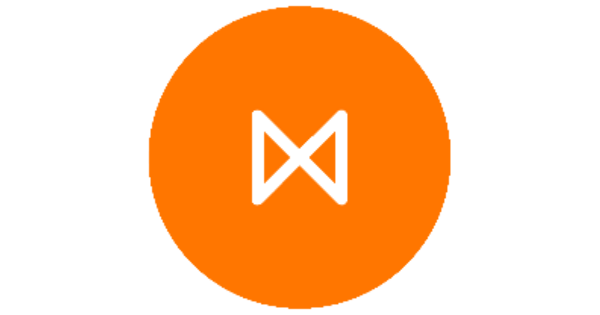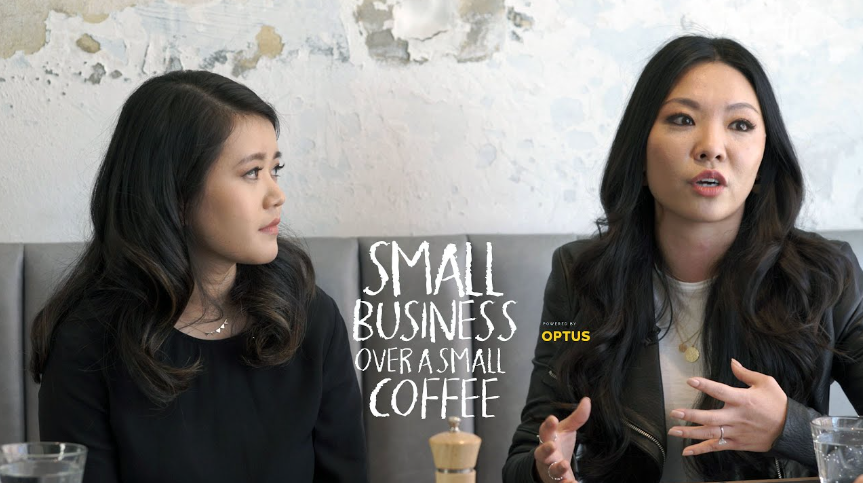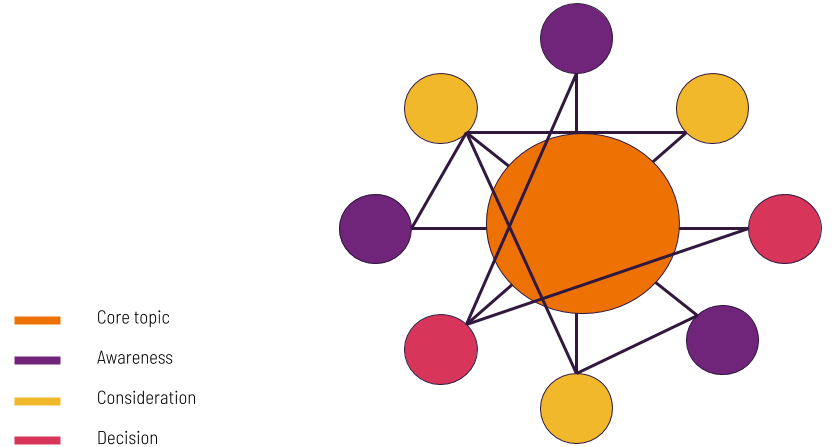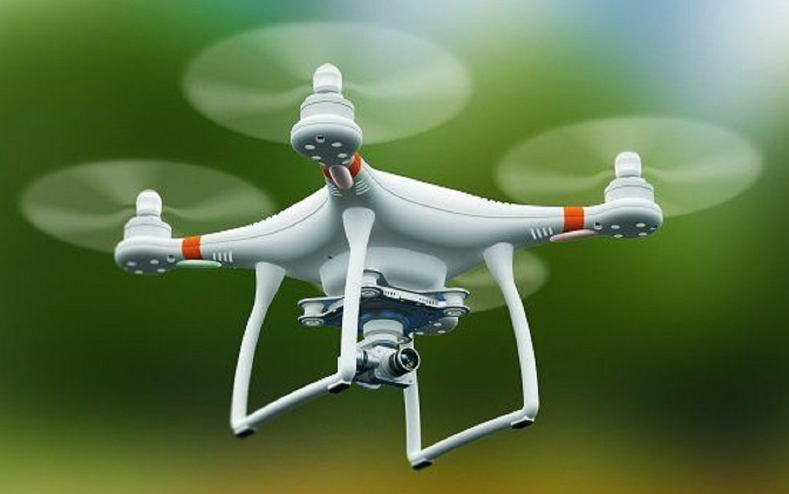Did you know Metigy had a TV show?
With the help of Optus, we’ve launched Small Business over a Small Coffee, an original series about small business owners who have found success in Australia and the stories behind the businesses they’ve built.
We wanted to provide our community of forward-thinking SMB marketers with the inspiration of real stories that they can use when growing their businesses.
As a former small business owner, I know how valuable it is to learn from businesses that are a couple of years ahead of you in their journey. You can save time by learning from their mistakes, seeing what marketing tools worked for them, and discovering their most effective marketing strategies.
That’s why I think any business owner will get a lot of value (and hopefully entertainment) from the first episode with Lisa and Louise from Share with Oscar, who are making our cities more livable through the sharing economy.
Parking is tricky in major cities, but Lisa and Louise are helping to alleviate the pain of searching for parking in crowded areas by creating an on-demand parking app.
I head down to Bondi Beach, where they first had the idea for their business, to chat about their experiences as business owners and the tools they used to help grow their business. And of course, as advertised, we get coffee.
We touch on customer feedback, acquiring customers in the early days, and autonomous cars.
So please enjoy the first episode of Small Business over a Small Coffee with Lisa and Louise from Share with Oscar.
Let us know what marketing lessons you took away from this episode in the comments below.
Related: Learn more marketing lessons from Lisa and Louise from Share with OscarHow Share with Oscar got 2.7k engagements by spending just $10
About Share with Oscar

Transcript from episode 1 Small Business over a Small Coffee










